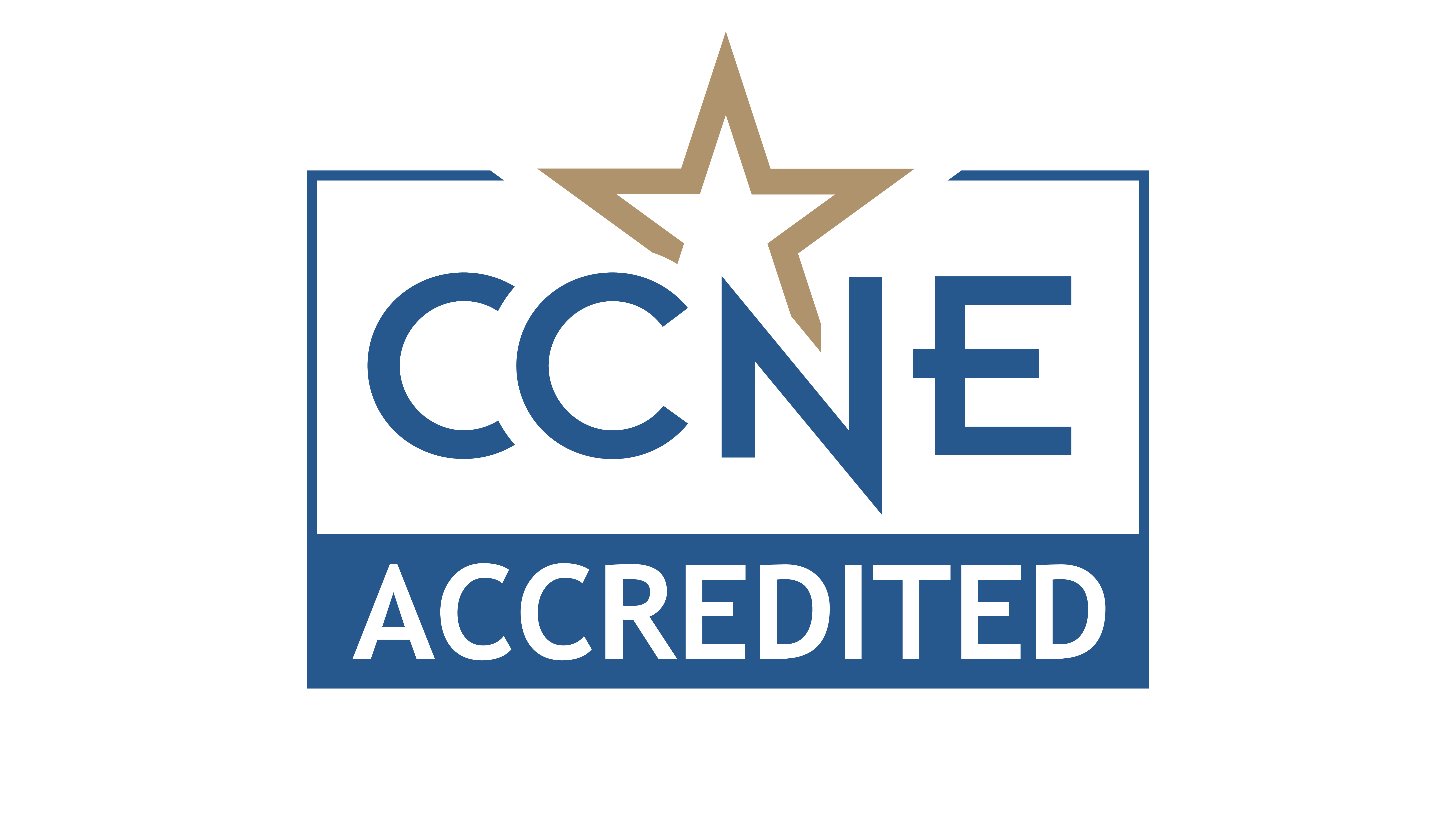La Salle University

Family Nurse Practitioner Certificate
- Certificate
- Hybrid, On Campus, Online
What You’ll Learn
The Family Nurse Practitioner Certificate builds upon the Adult Gerontology Primary Care Nurse Practitioner Track and prepares students to provide direct care and to take leadership in the primary care of families. Primary care sites include outpatient clinics, work sites, college health services, emergency rooms, home health and other community-based settings.
Why Study Family Nursing at La Salle?
Upon completion of this track, students are eligible for certification in the Commonwealth of Pennsylvania and for national certification as a Family Nurse Practitioner.
Highlighted Courses
NUR 615 Family System Concepts for Primary Care
This course explores theoretical perspectives on individuals’ health within the family system, emphasizing vulnerable and underserved populations. Societal-level patterns of aging are investigated, including issues affecting family systems at the national and global levels. Family assessment, human development, and life transitions theory are introduced to prepare students to provide anticipatory guidance and advance care planning. Family responses to and coping mechanisms associated with acute, chronic, and terminal illness are scrutinized. Principles of cultural competence and leadership/change agency are explored.
NUR 663 Primary Care of Women
This course presents the principles of primary care, emphasizing health promotion and disease prevention for both the pregnant and non-pregnant woman. Pathophysiologic alterations are addressed as well as developmental stages, family, cultural, and societal influences. Primary care management of common health problems of adult women is also discussed. Students develop increased clinical reasoning skills with the goal of managing the female patient in the ambulatory care setting.
NUR 664 Primary Care of Children
This course presents the principles of primary care, emphasizing health promotion and disease prevention for the child from birth to adolescence. Pathophysiologic alterations are addressed as well as developmental stages, family, cultural, and societal influences. Primary care management of common health problems of children is also discussed. Students develop increased clinical reasoning skills with the goal of managing pediatric patients in the ambulatory care setting.
Meet the Faculty
La Salle’s Nursing program educates professionals prepared as leaders in practice, service, scholarship, and education—contributing to the advancement of the health and well-being of communities.
Career Opportunities
The U.S. Bureau of Labor Statistics states that, on average, nurse practitioners earn around $118,000 a year.
Accreditation
La Salle’s BSN, MSN, DNP and APRN post-master’s certificate programs are fully accredited by the Commission on Collegiate Nursing Education (CCNE).

